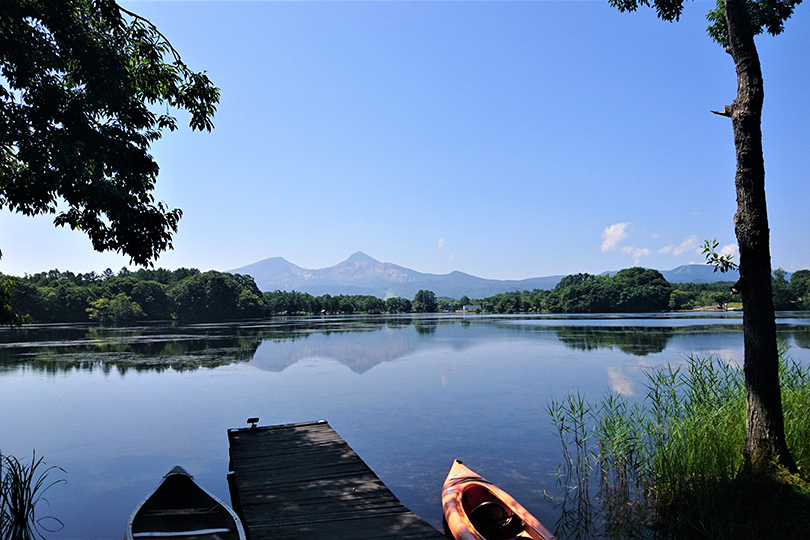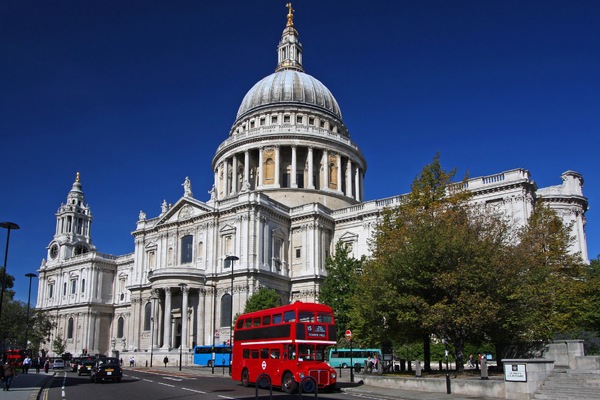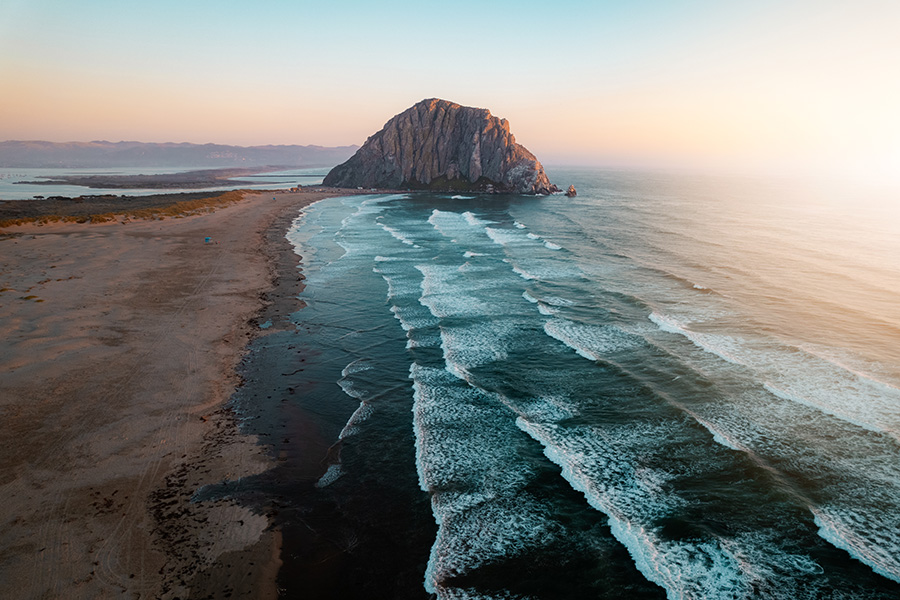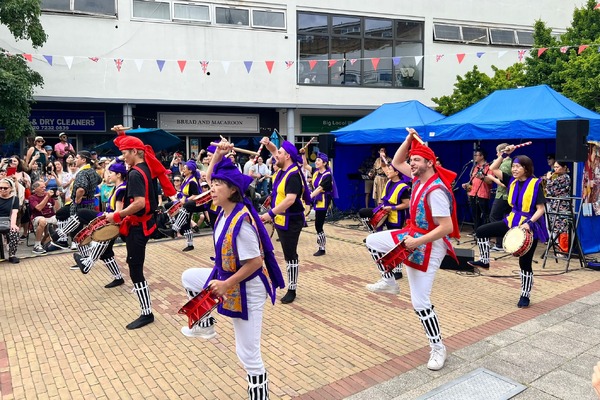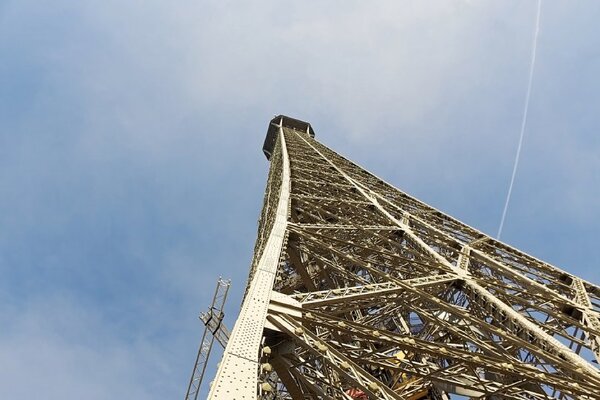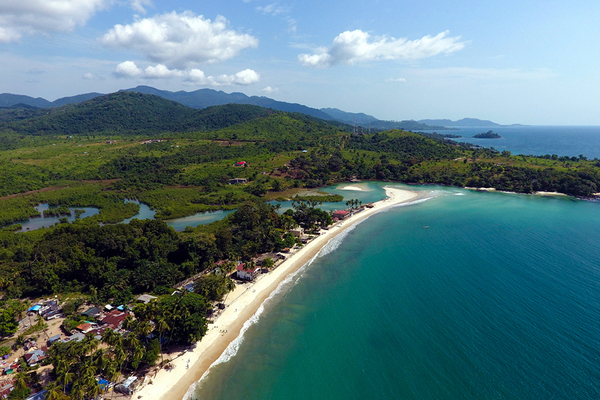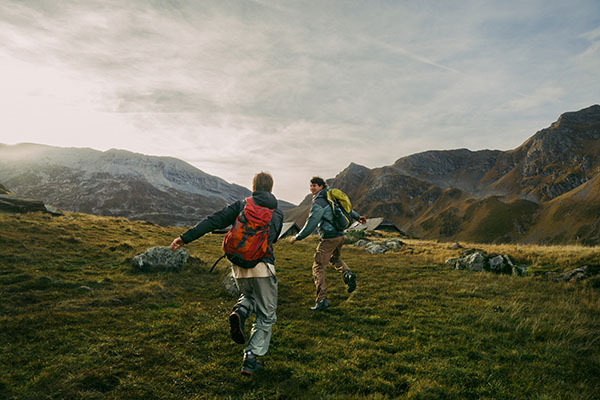Japan: the country where social distancing is cultural
With a culture that respects hygiene and social distancing, as well as plenty of natural wonders for lovers of the outdoors, Japan has safe holidaying covered, discovers Madeleine Barber during a JNTO virtual update
Sipping sake at my kitchen table and listening to updates from the Japan National Tourism Organization (JNTO) through my laptop speakers almost seems ordinary, since in-person events have been off the cards for more than seven months now due to the Covid-19 pandemic.
“The new normal is actually the old normal for Japan,” says Matthew Joslin, marketing and communications manager for the tourist board, in relation to new social distancing measures and the heightened awareness of hygiene we have in the UK and Ireland.
He explains Shintoist and Buddhist cultures often replace handshakes with bows, while washing yourself from head to toe is a regular ritual. Mask-wearing culture in Japan dates back 100 years to the Spanish flu and widespread contactless-only payments are nothing novel.
Since coronavirus, hotels and resorts have leapt into action, implementing temperature checks, new tech to eliminate high-touch surfaces and door tape to indicate the rooms haven’t been occupied since decontamination.
While Japan’s cities are known for their close-knit communities and bustling streets, the country’s rural areas are often overlooked.
“Japan is more of an outdoorsy destination than most people think,” says Joslin. “The great outdoors is where traveller interest is heading – these types of holidays have always been a big push for us, but especially post-Covid.”
Forest covers 69% of Japan’s landmass, with 73% being mountainous, and the country has more miles of coastline than the US, New Zealand or Australia, so fans of hiking, biking and watersports are spoilt for choice.
Open-air temples, shrines, castles, gardens and art installations are in abundance too. Plus, “Japan has more hot springs and ski resorts than anywhere else in the world”, according to Joslin.
Winter sun is another surprising selling point. Clients visiting Okinawa in February can see the iconic cherry blossoms without paying the seasonal premium, while snow and fire festivals and seeing sake production are highlights for visitors during the colder months.
ESSENTIAL INFORMATION
Entry: Japan is currently closed to tourists. Once able to travel there again, visitors can enter without a visa for stays of up to 90 days.
Resources: In March, the JNTO launched a new basic training programme with OTT encompassing five modules. An intermediate level was introduced in September (japantravel-ott.com).
Transport: Japan Rail Pass tickets, including seat reservations, can now be purchased online.

